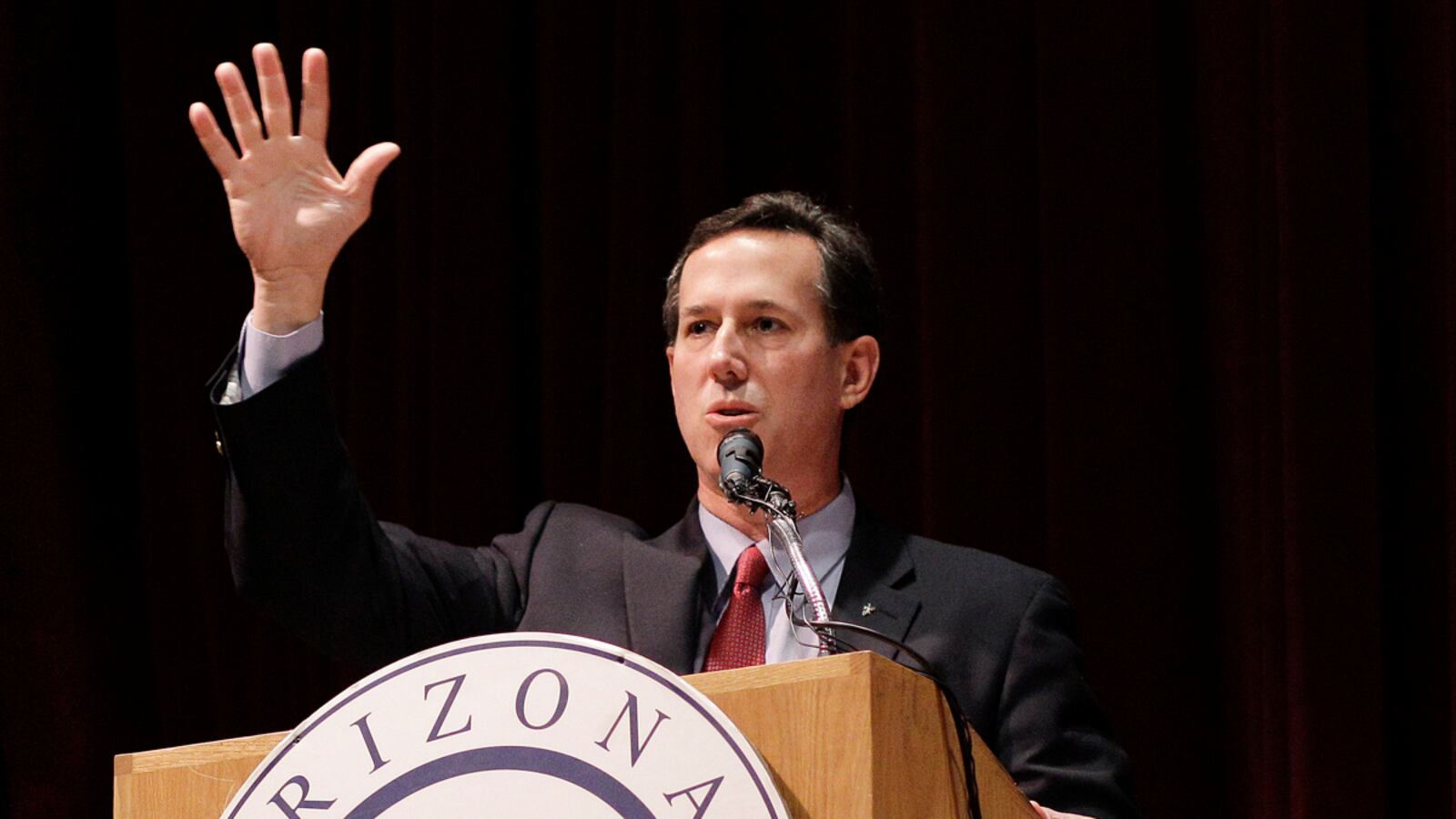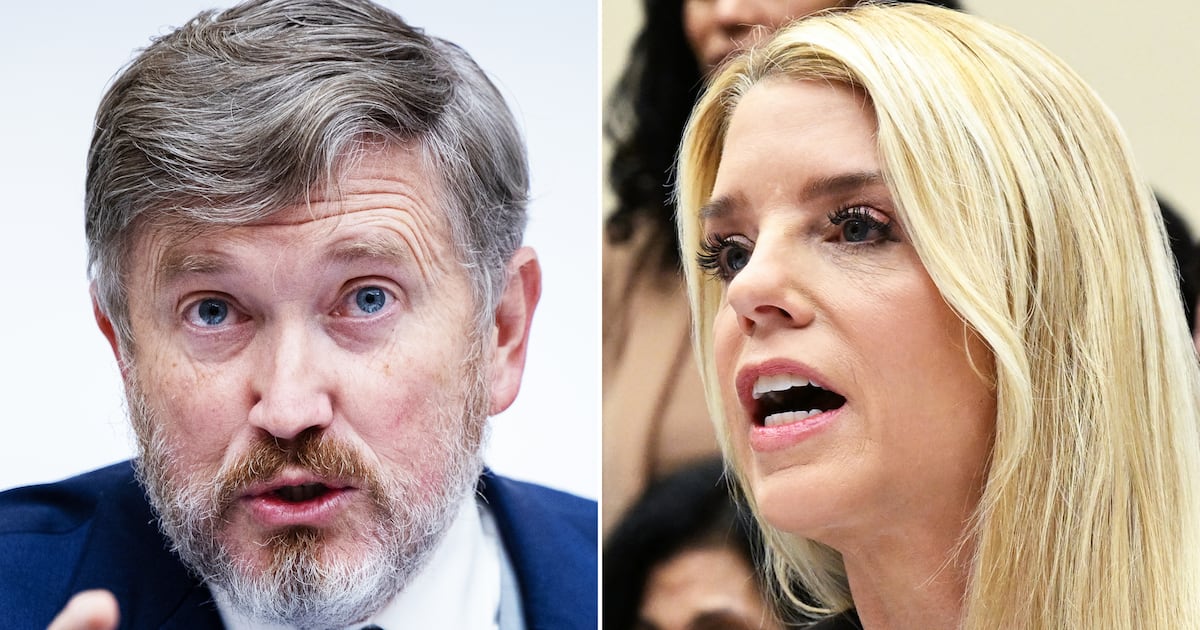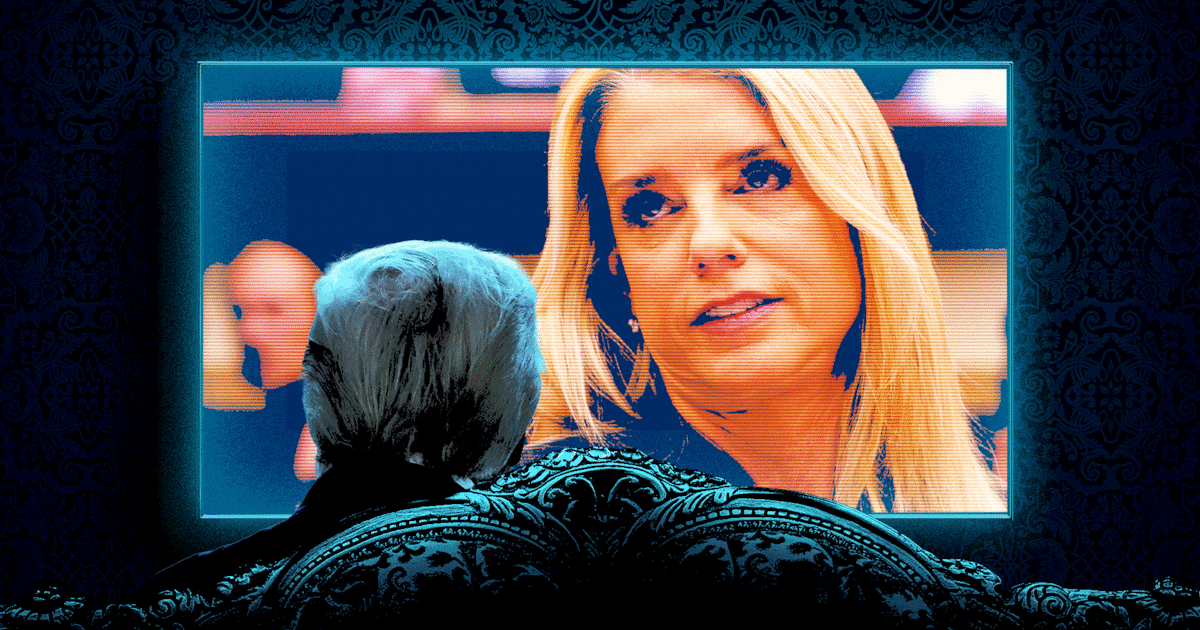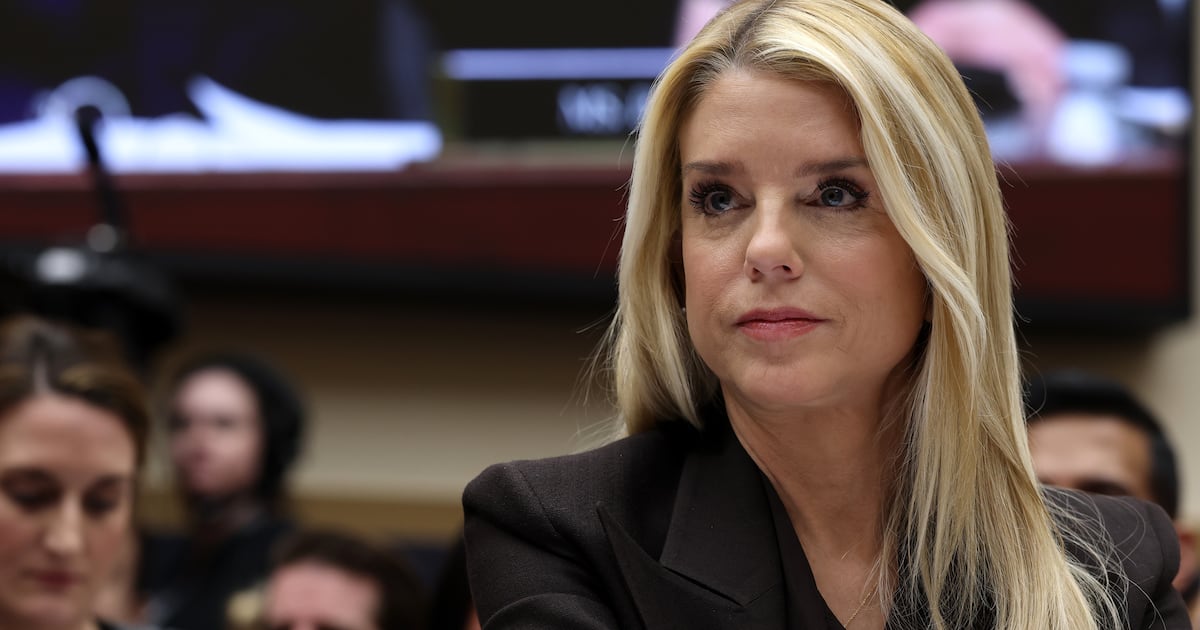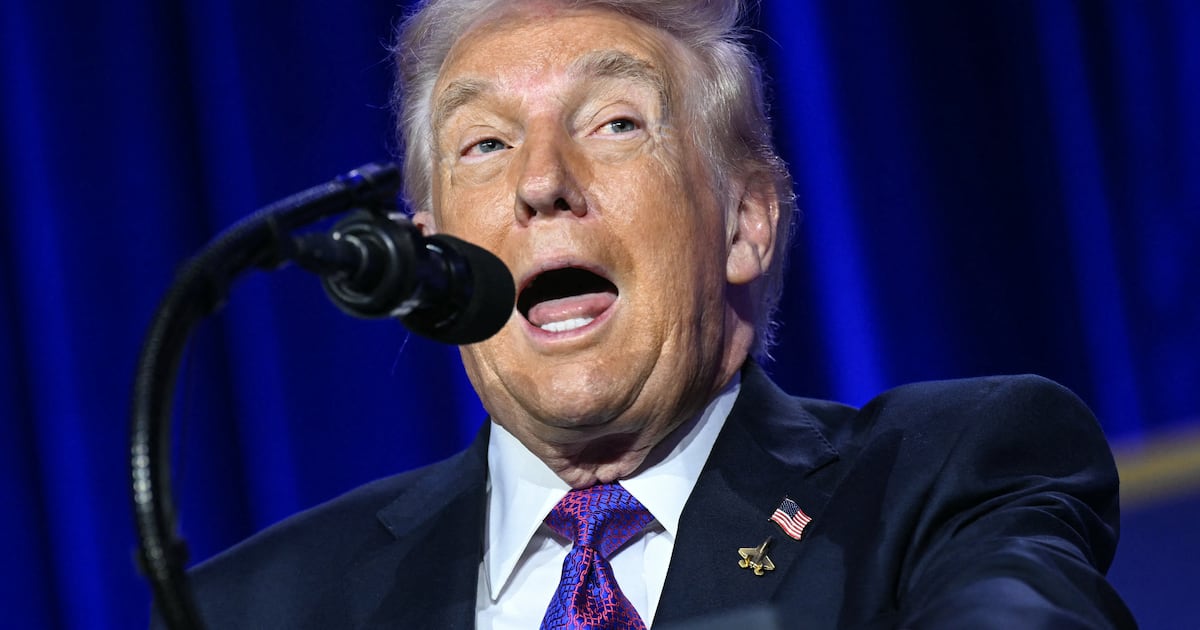It doesn’t take a crystal ball to predict the kinds of questions Rick Santorum is going to get at the CNN debate in Arizona.
President Obama practices a “phony ideology” that’s not “based on the Bible?” Check.

State government involvement in public schools is “anachronistic”? Check.
Prenatal testing leads to more abortions and prompts us to “cull the ranks of the disabled”? John King, over to you.
When Santorum takes the stage Wednesday night, the glare of the spotlight will be unusually harsh. Despite complaints from his campaign about distorted media coverage, he is the one who has raised every one of these issues, along with birth control, in recent days. Reporters weren’t peppering him with questions about home schooling or amniocentesis. He’s the guy who put these subjects in play.
The tension will be higher than usual, because Santorum is now the Republican frontrunner, according to a spate of polls, a situation that no one outside his immediate family was predicting when February began. The former senator’s victories in Minnesota, Missouri, and Colorado have upended the race and raised serious doubts about Mitt Romney’s candidacy among GOP power brokers.
How each man handles Santorum’s soaring status, and the sudden focus on social issues, will determine the outcome of the CNN debate—and strongly influence next week’s contests in Michigan and Arizona. There hasn’t been a debate in weeks—and this could well be the last one, given that Romney pulled out of a pre–Super Tuesday contest and seems in no hurry to keep facing off against his rivals. At the same time, Newt Gingrich, who has used the debate stage to great effect, will be trying to seize the opportunity to revive his sagging campaign.
Some questions the Santorum brain trust must be pondering:
• Does he push back against the social-issues questions? Umbrage at the moderator worked for Newt against John King. Santorum told Fox’s Sean Hannity on Monday that voters see “a national media trying to destroy conservatives.” That may be a popular message in a GOP primary, but it doesn’t necessarily defuse the questions.
• Does he double down on the most divisive issues? Santorum’s tactic to date has been to make a distinction between his personal views and his political positions. He doesn’t like birth control, or prenatal testing, but he would do nothing as president to restrict their availability. He wasn’t questioning the president’s Christianity by using the word theology. Will these explanations prove too complicated for 30-second debate answers?
• What is Santorum’s goal in reviving the culture wars? He didn’t wade into these controversies by accident. His team must believe these hot-button positions will build support among very conservative and evangelical primary voters—and win their hearts in a way that Romney cannot. The trick is to avoid alienating more moderate voters in the process. Wednesday’s debate will provide a classic test.
And what does Romney do? That may be the most interesting play of the night. Mitt’s operation has mainly been hitting Santorum as a big-spending Washington insider, not a wild-eyed holy roller.
If Romney uses the debate to fault Santorum for being too extreme, he may, as a former pro-choicer, raise doubts about his own conservatism. And Romney, who shies away from talking about being a Mormon, does not want to be drawn into a religious debate. His issue is the economy; everything else is a distraction.
Santorum’s detour has already ignited a fierce debate among pundits across the spectrum, who love a good wedge issue.
Washington Post columnist Eugene Robinson tees off on the candidate: “At times, it seems as if Santorum is running to become theologian in chief ... Santorum’s social conservatism is a huge iceberg, and his views on women and childbearing are just the tip. He not only opposes gay marriage but has criticized the Supreme Court decision that struck down anti-sodomy laws and declared, ‘I have no problem with homosexuality. I have a problem with homosexual acts.’ That alone would be enough to put him well outside the mainstream. But his Ozzie-and-Harriet ideas about family life place him in a different solar system.”
National Review Editor Rich Lowry says it’s little wonder the media are smacking him around:
“Santorum is a standing affront to the sensibilities and assumptions of the media and political elite. That elite is constantly writing the obituary for social conservatism, which is supposed to wither away and leave a polite, undisturbed consensus in favor of social liberalism. Santorum not only defends beliefs that are looked down upon as dated and unrealistic, he does it with a passionate sincerity that opens him to mockery and attack. If Santorum had the social views of a Barbara Boxer, he would be hailed in all the glossy magazines as a political virtuoso.”
Lowry’s only cautionary note is that Santorum sometimes needs to “curb his enthusiasms”: “In one interview last year, he said that as president he would warn people of the dangers of contraception, a task better suited to a youth minister or Catholic premarital counselor than the leader of the free world.”
It’s easy to hype any debate as a make-or-break moment. But 13 states are going to vote in the next two weeks, and this is the last shot the candidates will have at engaging before a national audience. One thing’s for sure: unlike earlier in the campaign season, Rick Santorum won’t be complaining about getting too few questions.

